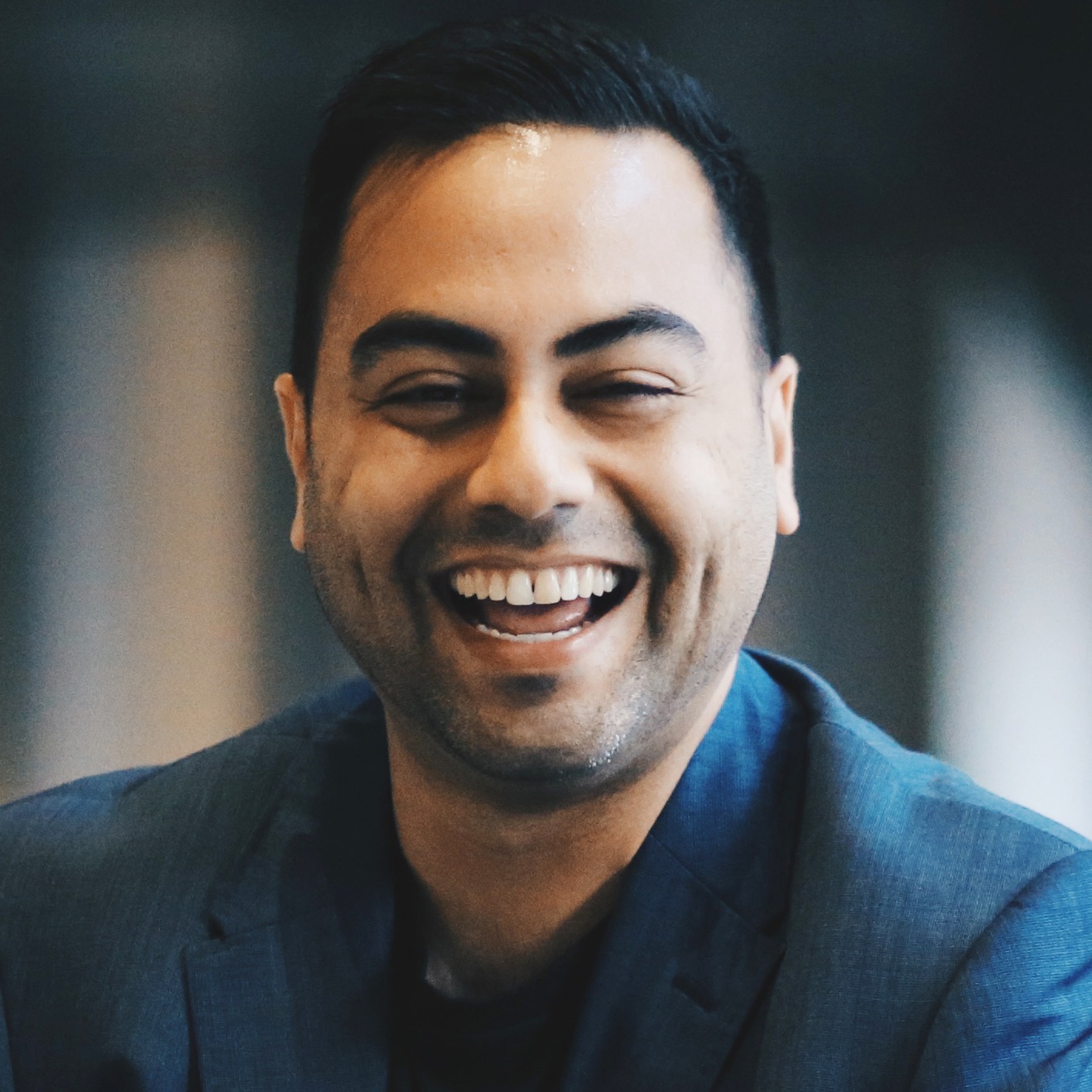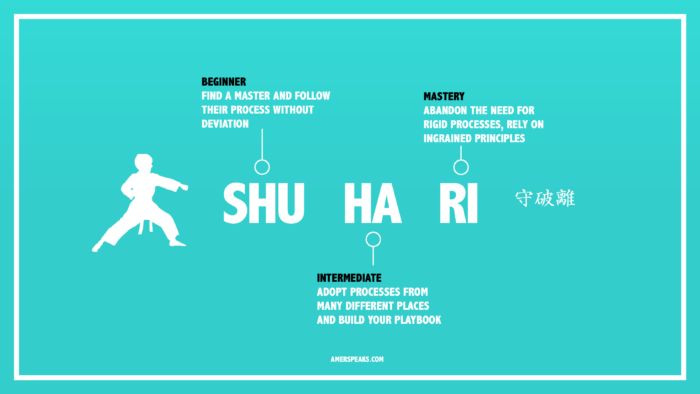Karate & Coffee: Mastering the art of change from within
- HRM Asia Newsroom

I am standing at the counter in a coffee shop in Bali. The aroma of freshly ground coffee beans mingles with the sticky morning air. Outside, scooters speed down the narrow lane as local residents prepare to go about their day.
I had chosen this café based on stellar reviews that assured the best coffee in town – but I am starting to have my doubts. The young man brewing our beverages seems hesitant and unsure of what he is doing.
Quizzically, I decide to observe the coffee making process more closely. Beans are individually counted, then weighed on a precision scale. Water and milk is measured to the millilitre – then weighed as well. A stopwatch comes out to time the brewing process like an Olympic official. And once all elements are finally assembled in their cup? You guessed it, back on the scale again. The process seems entirely overengineered.
The manager notices my fascination and explains: It is tough to retain staff in Bali, so he had devised a system to enable his revolving door of young, inexperienced staff to consistently produce the best coffee around. His part-time master barista had created a detailed checklist of each step to create the perfect coffee, something even beginners could easily follow.
The process instantly struck me as reminiscent of an ancient Japanese martial arts learning model called “Shuhari”.
Shuhari: An ancient model for transformation
Shu… Ha… Ri. The method describes the three stages a student takes on the path to mastery:
- Shu (beginner): The student follows specific instructions from a single master. Do not question the theory, just copy and do.
- Ha (intermediate): The student applies best practices and adopts lessons from other masters.
- Ri (master): The student is able to learn and adapt based on their own practice. They transition from playbooks to principles. The student becomes the master.
Whether knowingly or not, our master barista had adopted this ancient teaching pattern for his apprentice coffee makers. The young man currently making my coffee? Currently at the Shu stage, diligently following his master’s instructions without question.
Applying change in the corporate world
Much like “Kaizen” before it, “Shuhari” has begun to gain popularity in the business community. A few years ago, my team and I had helped implement agile process adoption at a large telco. As a traditional, hierarchical organisation, the transformation had proven difficult; even basic agile patterns like daily standups had been derailed by a C-suite attendee’s demands for in-depth status presentations and last minute timing changes to suit senior execs’ busy schedules.
Looking for inspiration, we turned to the Shuhari framework:
- Shu: A strict set of rules for the daily standup: no slides, fixed timing, limit of three questions and one minute per person. Senior execs were only allowed to observe. Within two weeks, it began to improve productivity rather than hinder.
- Ha: Experimentation was introduced. New formats were trialled and adapted to fit the specific work in each group. Within two months, work carried over between sprints decreased dramatically; they could accurately forecast work for the first time.
- Ri: After three months of experimentation, teams organically abandoned strict structures and used standups for timely, rapid exchanges of information. No status updates, just a focus on efficiently producing work.

The company in question has gone on to successfully roll out agile ways-of-working to a significant portion of their workforce, enabling teams to tackle projects and launch new products to market at an unprecedented rate. By applying Shuhari, they were able to walk before trying to run, which saved them from the instinct to revert back to their old ways.
Back in Bali, I smile as the young barista finally hands over the cup of coffee I had ordered what seems like a lifetime ago. I flash him a knowing smile, feeling a connection with this young apprentice who has embraced the beginner’s mindset. “See you tomorrow,” I say as I cradle the precious cargo and step back out into the warm morning air.
By Amer Iqbal, APAC Head of Digital Transformation at Facebook, who will be making a presentation titled Mastering The Art Of Change From Within – Unlocking New Capabilities From Your Internal Teams at HR Tech Festival Asia Online 2021 on Tuesday, September 21 at 10.30am (SGT).






